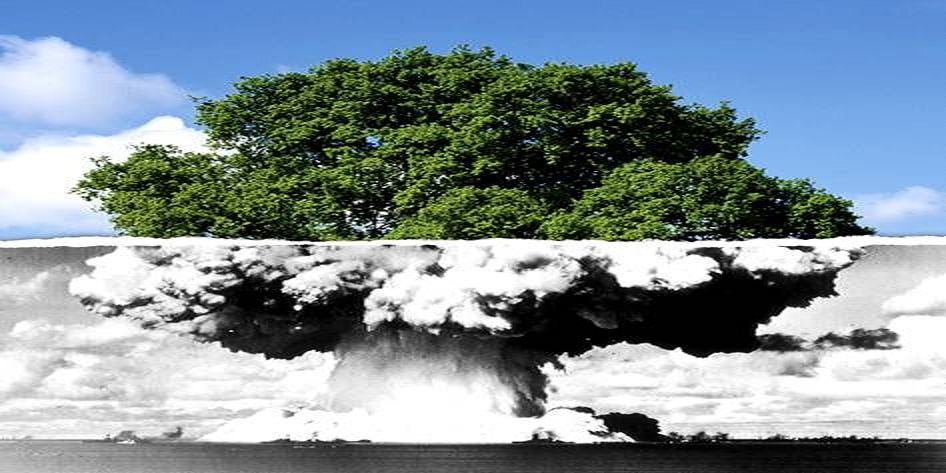A single kilogram of uranium can produce more energy than 200 barrels of oil, and uranium is about as common as tin. Thorium, three times more abundant than uranium, can also be converted into uranium-233, which is too unstable to be used for bombs, and broken down for similar quantities of nuclear energy. So why the holdup for constructing new nuclear power plants? Well, first, they are relatively expensive to build, although cheap to operate. The lower initial cost of gas, oil, and coal plants has thus made them more economical in the last few decades, but with the rising cost of fossil fuels, that is changing. Global warming is another concern.
The second reason more nuclear plants have not been constructed is safety fears primarily based on the Chernobyl accident, which killed 50 people. By comparison, per terawatt of energy produced, hydroelectric power kills 885, coal kills 342, natural gas kills 85, but nuclear kills only 8. Fossil fuel pollution kills over 10,000 in the United States per year due to respiratory problems. But nuclear plants are emissions-free, and 95% of spent fuel can be reprocessed, producing very little waste, which can be adequately contained at reasonable cost.
The Chernobyl accident was caused by an uncontrollable fire started due to a poor safety infrastructure. Generation III nuclear reactors, built starting in 1996, have much better safety measures, taking into account the high standards placed on nuclear safety in the aftermath of Chernobyl. Some of the Generation IV reactors currently being designed, likely to be introduced in the 2020s, are made to be inherently meltdown-proof. This is because their cores are designed to be liquid — a liquid can't further "melt down."
Nuclear provides much more energy than the alternatives for a reason related to the fundamental laws of nature. In nature, there are four fundamental forces: the strong nuclear force, which holds atomic nuclei together; the weak nuclear force, which mediates radiation; the electromagnetic force, and gravity. The strong nuclear force, liberated by nuclear reactions, is a hundred times stronger than the electromagnetic force, which is liberated by conventional chemical reactions.

Interesting.
ReplyDelete